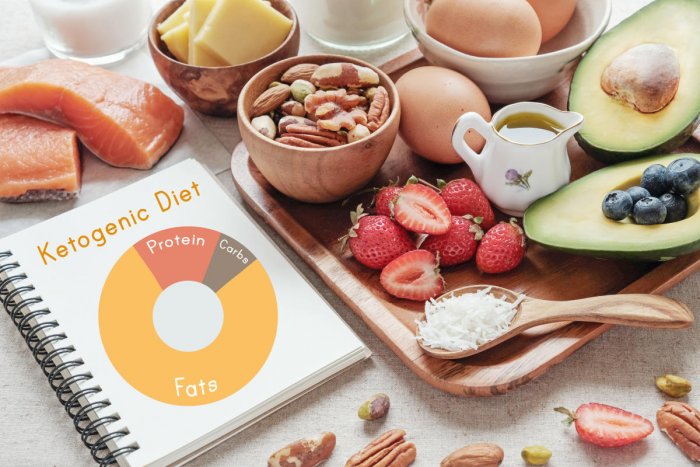
Last week, Moneycontrol reported about the shortage of Limcee, Abbott’s popular Vitamin-C brand. While Abbott said it continues to supply Limcee in India to meet the demand, things on the ground are different.
Abbott is pushing its Limcee Plus — a tweaked formulation that does not fall under price control. Sources told Moneycontrol that the steep increase in raw materials sourced from China, have led to companies cutting back on supplies.
To be sure, it is not Vitamin-C alone. Several other drugs are also facing the same problem.
The Times of India had reported about the drug regulator — the National Pharmaceutical Pricing Authority (NPPA) asking companies, including Abbott Healthcare (leprosy drug Hansepran), Bayer Zydus Pharma (anti-malaria Resochin) and Sanofi Synthelabo (cardiac drug Adenocor), to not discontinue critical medicines for malaria, leprosy and anti-arrhythmic (cardiac) without prior notice to prevent their shortages.
Pharmaceutical companies have sought discontinuation of these critical drugs, citing lack of financial viability, as the prices for their raw materials, like active pharmaceutical ingredients and intermediates, have shot up and their inability to pass on the price to consumers.
In India, drugs are added to the National List of Essential Medicines (NLEM), which is automatically comes under Drug Price Control Order (DPCO). Thereafter, the hiked prices of these drugs are linked to the Wholesale Price Index.
If there is a steep increase in raw material prices or a major player exits the market, there will be shortage of drugs. The price control policy also lacks flexibility for companies to pass on the cost of raw materials to consumers. All these factors leave drug makers in lurch. Even exiting the market is not easy as the companies have to continue supplying for at least 12 months before they finally stop.
Shortage of drugs is more dangerous that than affordability for patients. This is something the government needs take into consideration.
[“source=moneycontrol”]

